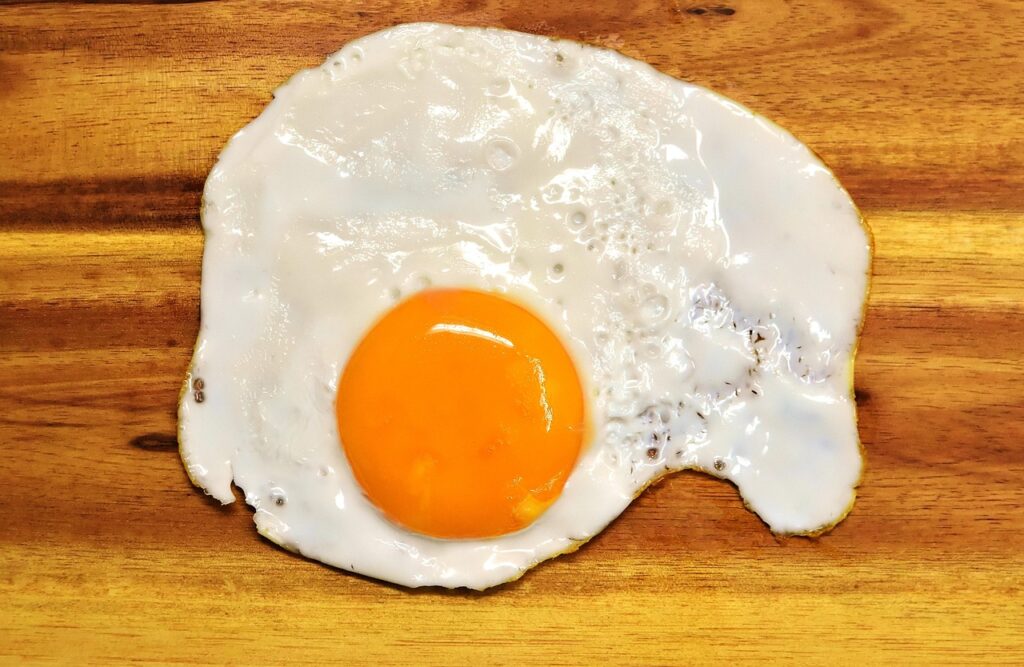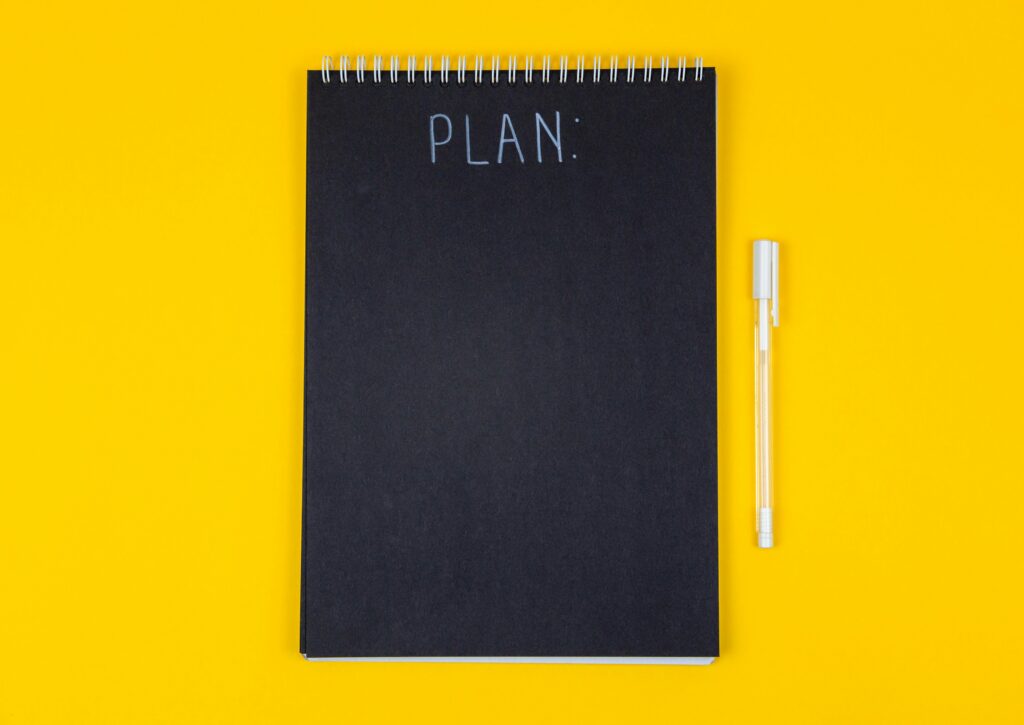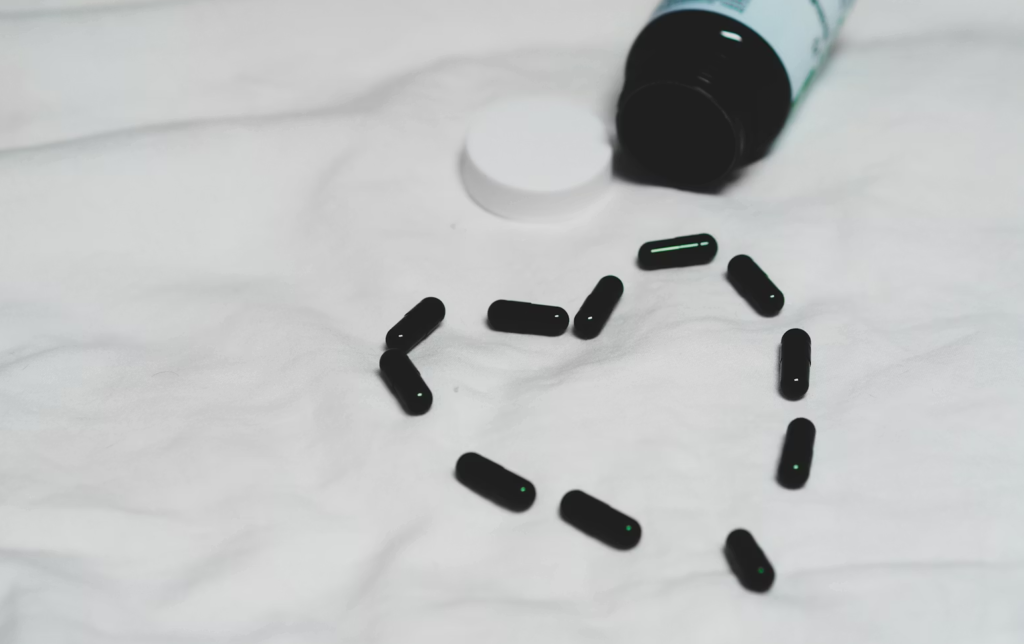When it comes to health and fitness, protein and weight loss go hand in hand. Many people struggle to shed extra pounds while keeping their energy levels high and preserving lean muscle. Protein is often overlooked, but it’s one of the most important nutrients for successful weight management. The right balance of protein can help you feel full, boost your metabolism, and support muscle recovery – all of which play a role in long-term results.
In this ultimate guide, we’ll break down everything you need to know about protein and weight loss. You’ll learn why protein is so powerful, how much you really need, the best food sources, and how to build lasting habits. By the end, you’ll have the tools to make smarter choices and create a plan that works for you.
Why Protein Matters for Weight Loss
Protein is more than just a nutrient for athletes. It’s a vital building block for everyone looking to lose weight without feeling deprived. Unlike carbs and fats, protein has a unique thermic effect – it requires more energy to digest, which means your body burns more calories just by processing it. This little boost in metabolism may not sound like much, but it adds up over time.
Another key factor is satiety. Protein helps control hunger hormones, making you feel full for longer periods. This can prevent overeating and mindless snacking, two of the biggest roadblocks to weight loss. At the same time, protein helps protect lean muscle mass while you’re in a calorie deficit. Without it, your body may break down muscle for fuel, slowing your progress.
In short, prioritizing protein is one of the smartest moves you can make if you want lasting results in your weight loss journey.
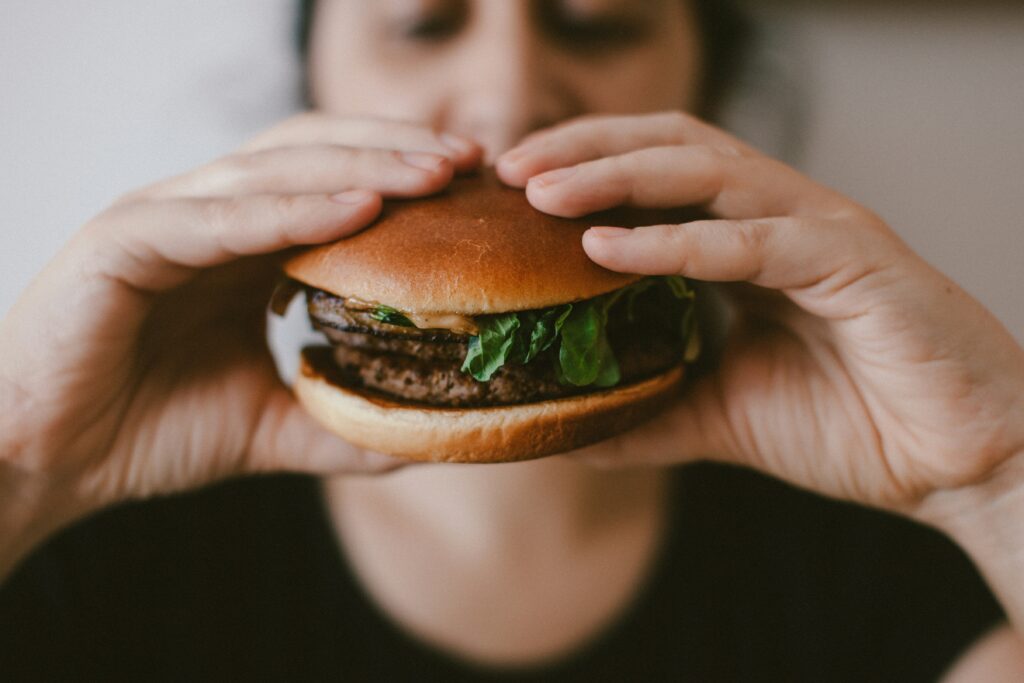
How Much Protein Do You Really Need?
A common question people ask about protein and weight loss is, “How much do I need each day?” The answer depends on your body size, activity level, and goals. While the general recommendation is around 0.8 grams per kilogram of body weight, research shows that higher amounts, between 1.2 and 2 grams per kilogram, are more effective for weight management and muscle preservation.
For example, a 150-pound person (about 68 kg) may benefit from 80–135 grams of protein per day, especially if they’re active. Spreading your protein intake throughout the day also helps. Instead of loading it all at dinner, aim to include protein in every meal and snack. This keeps your energy steady and reduces cravings.
It’s important to listen to your body as well. If you feel more satisfied and energized with slightly higher protein, that’s a good sign you’re on the right track.
Best Sources of Protein for Weight Loss
Not all protein sources are created equal. Some come with added nutrients, while others may carry excess calories or unhealthy fats. Choosing wisely can make a big difference in your results.
Top lean protein sources include:
- Chicken breast
- Turkey
- Eggs and egg whites
- Greek yogurt
- Cottage cheese
- Fish such as salmon, tuna, and cod
- Plant-based options like lentils, beans, quinoa, and tofu
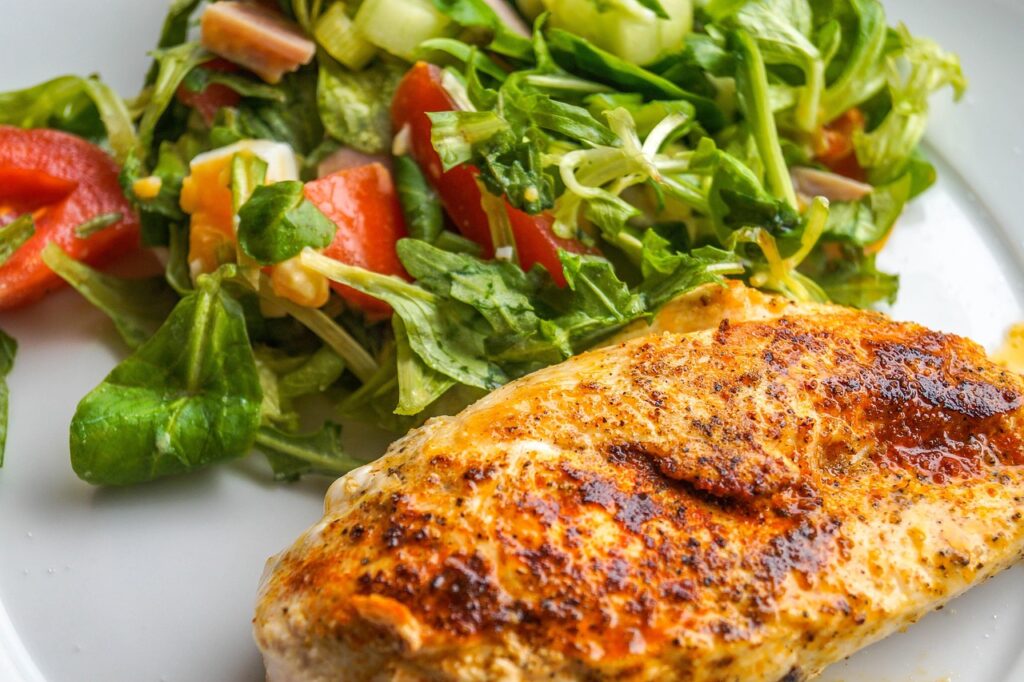
These foods are nutrient-dense, meaning they provide protein along with vitamins and minerals your body needs. For those on a plant-based diet, combining sources like beans and rice ensures you get all essential amino acids.
Protein powders can also be convenient, especially for busy lifestyles. Whey, casein, and plant-based powders can help you reach your daily needs, but they should supplement whole foods, not replace them.
Making protein the star of your plate, while balancing it with veggies, whole grains, and healthy fats, is a sustainable strategy for long-term weight loss.
Timing and Distribution of Protein Intake
When it comes to protein and weight loss, timing is just as important as total intake. Your body can only use a certain amount of protein at once for muscle repair and recovery. Research suggests that spreading your protein across three to four meals is more effective than eating most of it in a single sitting.
For example, if your goal is 100 grams per day, aim for around 25–30 grams per meal. This approach helps keep hunger at bay, stabilizes blood sugar, and maximizes the muscle-preserving benefits of protein.
Don’t forget snacks, either. High-protein snacks like hard-boiled eggs, Greek yogurt, or protein bars can prevent energy crashes between meals. If you exercise regularly, including protein within 30–60 minutes after your workout can further support recovery and muscle growth.
Consistent distribution throughout the day turns protein into a powerful ally, making it easier to stick to your weight loss goals.
Building Long-Term Habits Around Protein
Lasting results come from habits, not quick fixes. That’s why the best strategy for protein and weight loss is one you can maintain long term. Start with simple steps: plan your meals ahead, prep high-protein snacks, and learn to read labels so you can spot hidden sugars and low-quality ingredients.
One useful habit is meal prepping. Cooking a batch of chicken, boiling eggs, or making overnight oats with Greek yogurt can save you time and help you stay consistent. Another is pairing protein with fiber-rich foods, like veggies or whole grains, which helps with digestion and fullness.
Over time, these small changes add up. You’ll notice reduced cravings, more energy, and better control over your portions – all without feeling restricted. Protein isn’t about dieting; it’s about fueling your body in a way that supports both fat loss and long-term health.
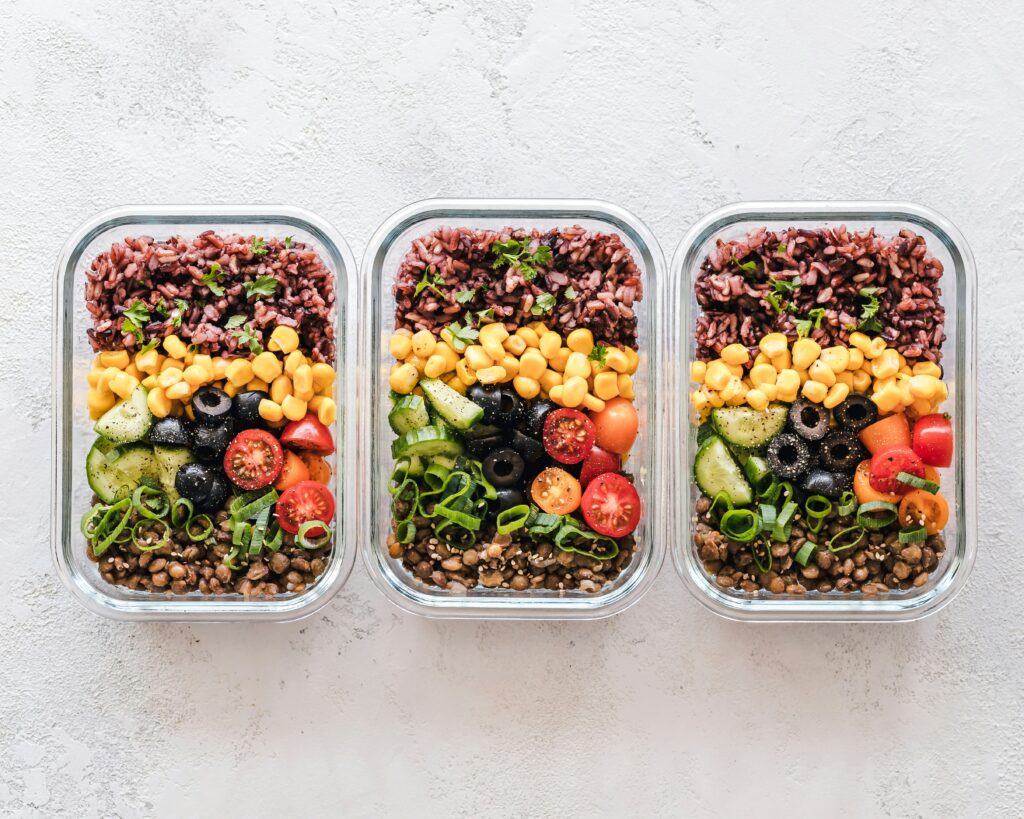
FAQs About Protein and Weight Loss
1. Can I eat too much protein while trying to lose weight?
Yes, it’s possible to overdo it. While protein supports weight loss, excessive intake may add unnecessary calories. Most people do well with 1.2–2 grams per kilogram of body weight. Focus on balance rather than extremes.
2. Is plant-based protein enough for weight loss?
Absolutely. Plant-based eaters can lose weight successfully with protein from beans, lentils, tofu, tempeh, quinoa, and nuts. The key is variety – combine different sources to get all essential amino acids.
3. Do I need protein supplements to lose weight?
Not necessarily. Whole foods should be your main source of protein. Supplements are helpful for convenience, especially if you’re on the go or struggle to meet your protein needs.
Final thoughts: Making Protein Work for You
At the end of the day, the link between protein and weight loss is clear: protein helps you feel satisfied, supports muscle preservation, boosts metabolism, and makes long-term success possible. The key is knowing how much you need, choosing the right sources, and building daily habits around it.
Start small – add a little extra protein to breakfast, prep healthy snacks, and make it a consistent part of every meal. Over time, these steps will add up to lasting changes in your health and body composition.
By focusing on protein as a foundation, you’ll be better equipped to lose weight, gain strength, and maintain your results for the long run.
What does your diet look like? How much protein do you consume and that kind of protein is it?
Leave a comment below. We would love to hear your thoughts!


